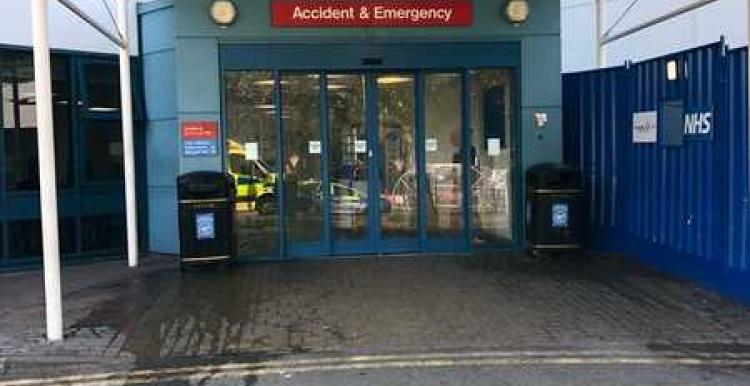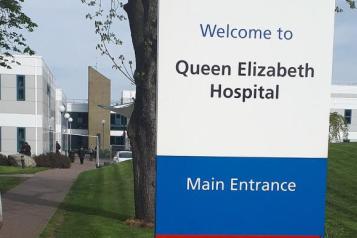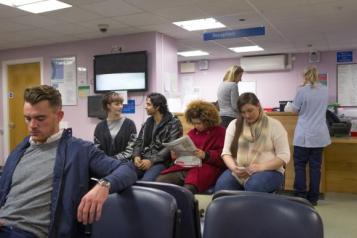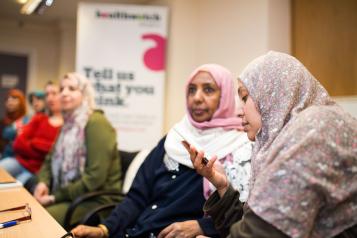Queen Elizabeth is extremely busy - when should you go to A&E?

A&E at Queen Elizabeth Hospital is extremely busy.
When to go to A&E:
An A&E department (also known as emergency department or casualty) deals with genuine life-threatening emergencies, such as:
- loss of consciousness
- a sudden confused state
- fits that are not stopping
- chest pain
- breathing difficulties
- severe bleeding that cannot be stopped
- severe allergic reactions (anaphylaxis)
- severe burns or scalds
- stroke
- major trauma such as a road traffic collision
- feelings of self-harm or suicide
Less severe injuries can be treated in urgent treatment centres (walk-in centres or minor injury units).
A&E departments offer access 24 hours a day, 365 days a year.
A&E staff includes emergency medicine doctors, nurses, diagnostic radiographers, reception staff, porters and healthcare assistants. Medical staff are highly trained in all aspects of emergency medicine.
If you're not sure what to do
NHS 111 can help if you need urgent medical help or you're not sure what to do.
They will ask questions about your symptoms so you get the help you need.
If you need to go to A&E, NHS 111 will book an arrival time. This might mean you spend less time in A&E. This also helps with social distancing.
You can get help from NHS 111 online or call 111. It's available 24 hours a day, 7 days a week.
Other ways to access 111
111 NHS 111 is available 24 hours a day, 7 days a week:
- call 111
If you’re Deaf and want to use the phone service, you can use the NHS 111 British Sign Language service available in your country:
- England – NHS 111 (BSL) interpreter service
- Scotland – NHS 24 111
- Wales – NHS 111 Wales
- Northern Ireland – NHS 111 Northern Ireland
- You can also call 18001 111 on a textphone.


